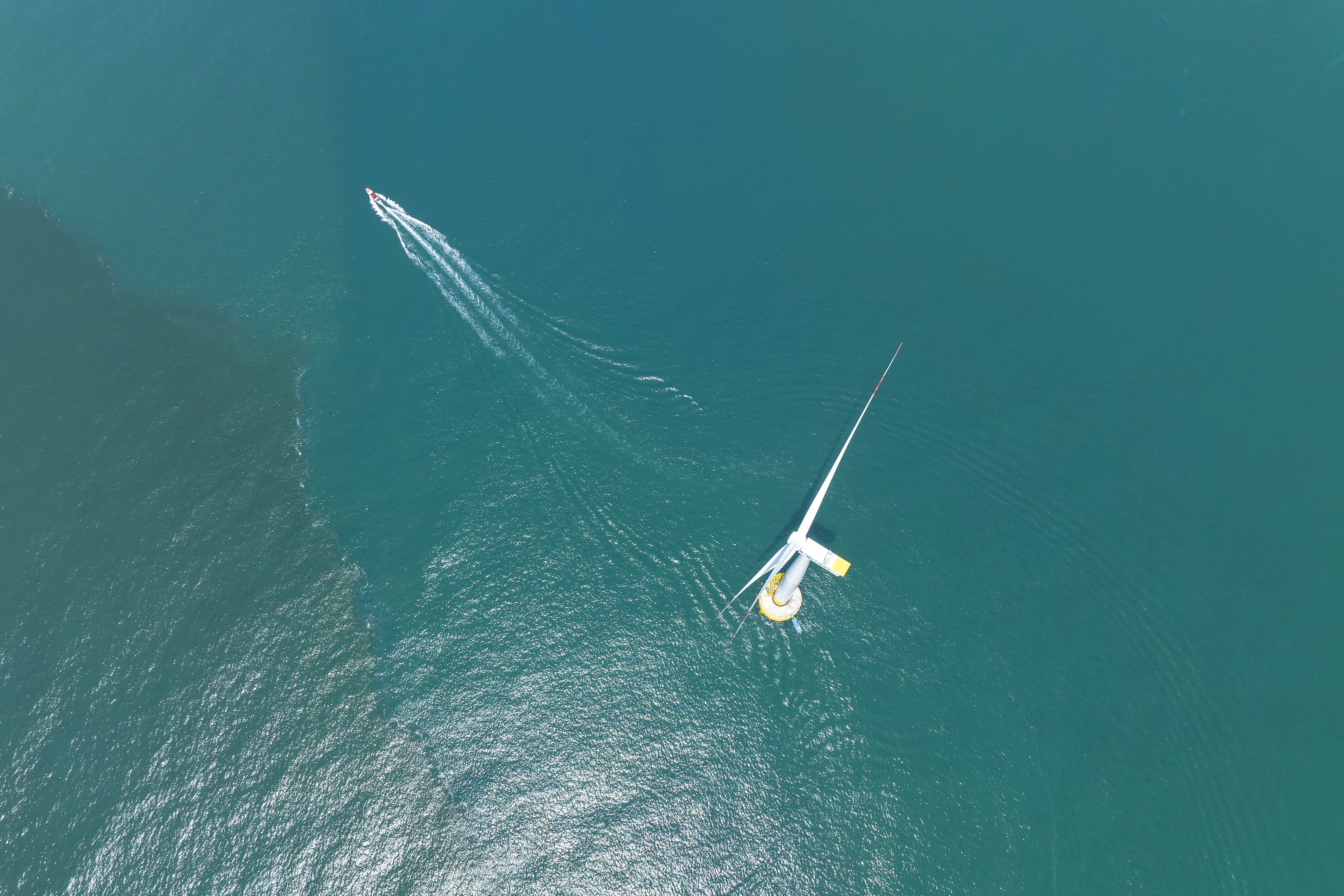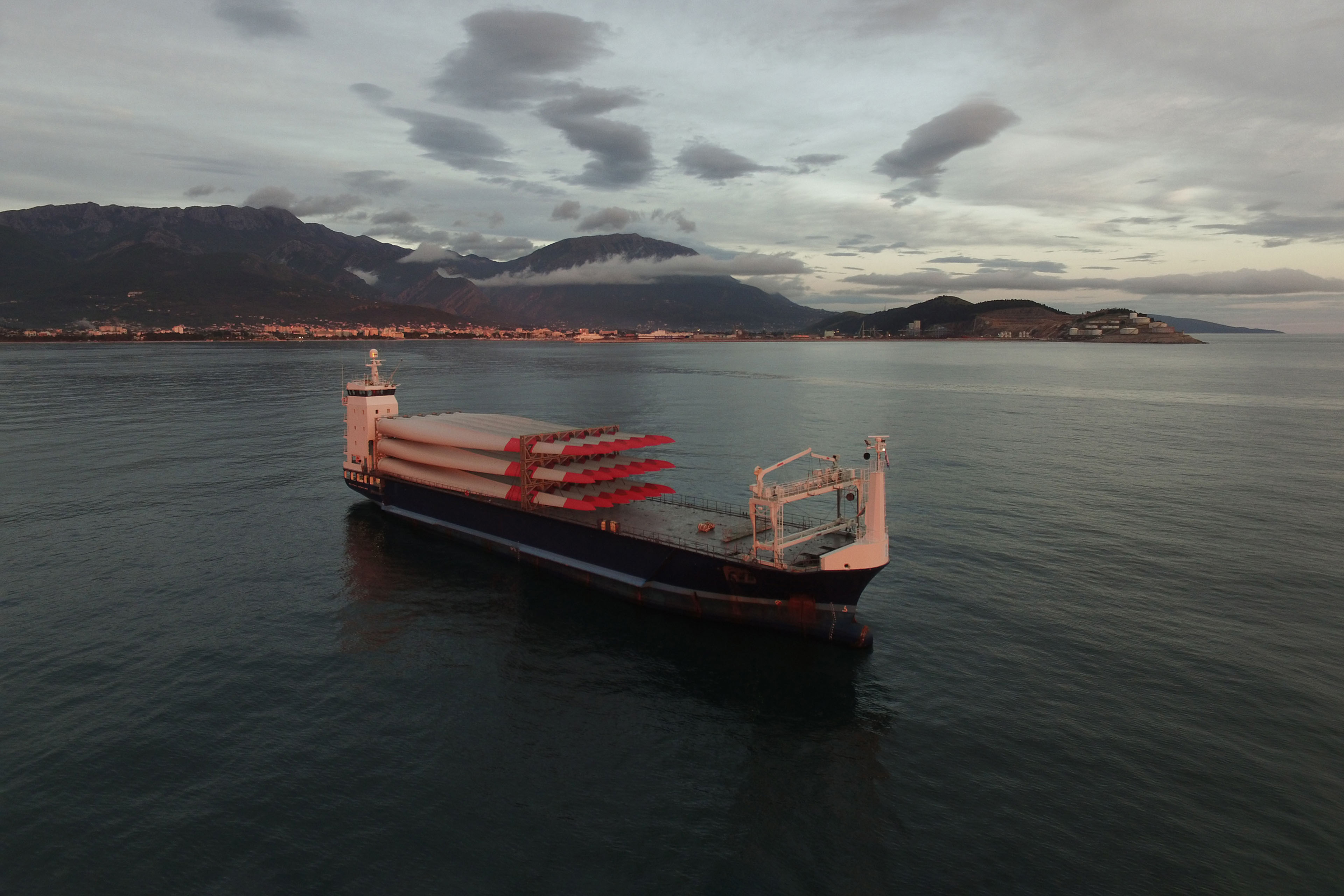EY refers to the global organization, and may refer to one or more, of the member firms of Ernst & Young Global Limited, each of which is a separate legal entity. Ernst & Young Global Limited, a UK company limited by guarantee, does not provide services to clients.
Offshore wind reaches crossroads, as spiraling costs and supply chain issues force developers to reassess projects – EY research
- UK concedes pole position for offshore wind, falling three places in the Renewable Energy Country Attractiveness Index
- Nordic countries emerge as notable climbers on the Index
- Japan and Chile fall in the rankings, overshadowed by deployment challenges
Turbulent times in the offshore wind sector could change the way large-scale energy projects are built and funded in the future, according to the latest EY Renewable Energy Country Attractiveness Index (RECAI). Offshore wind is crucial to achieving net zero, but has experienced a difficult 12 months, challenged by a squeezed supply chain and escalating costs. Global project costs have risen by 39% since 2019 and the next decade could see cost inflation adding around US$280b in capital expenditure for the sector.
Against this backdrop, around 80% of the 15 markets with offshore wind targets for 2030 are predicted to miss their stated goals. Not least, the UK has conceded its lead position as the most attractive country to host offshore wind projects, falling three places to 7th position on the Index overall. In September 2023, the maximum strike price of £44 (US$54) per megawatt hour for offshore wind in the UK’s fifth allocation round (AR5) was not sufficient to entice developers to bid. This represents a huge setback in the UK’s goal of reaching 50GW of offshore capacity by 2030.
Arnaud de Giovanni, EY Global Renewables Leader, says:
“The offshore wind sector has reached an inflection point at a time when the climate emergency is demanding urgent investment to meet global net zero targets. For offshore wind to fulfill its role in global decarbonization, it is necessary to mitigate risks that are beyond the control of developers, guaranteeing them a reasonable return on their investments. Tensions in the offshore supply chain could be alleviated by standardizing technologies, offering greater certainty to manufacturers and developers. And governments need to devise strategies that simplify and expedite the consenting process, minimizing risks between the issue of offtake agreements and final investment decisions.”
Ben Warren, EY Renewables Corporate Finance and RECAI Chief Editor, says:
“The UK's recent challenges in the offshore wind sector echo a broader, global struggle. When auctioning contracts for offshore wind generation, governments need to reflect economic conditions in the design of the auction. Considering moving away from cost-only auction formats and incorporating factors other than cost, such as environmental considerations and job creation, would boost the supply chain, improve deliverability and benefit wider society.”
Nordic countries climb the Index; Japan and Chile fall in the rankings
The top three RECAI markets remain unchanged. The US retains 1st position, fuelled by significant solar growth as a result of incentives from the Inflation Reduction Act. Germany remains in 2nd position, having experienced substantial growth in its onshore wind sector; new capacities installed by the end of September surpass the total installed in 2022. And despite halting national-level subsidies, China continues its upward trajectory in offshore wind, maintaining its overall 3rd position.
The Nordic countries continue to pursue their renewable energy ambitions, with Denmark, Sweden, and Norway climbing two, three, and five places respectively.
Japan slips three places to 13th position. Despite abundant natural resources and a commitment to reduce fossil fuels, it is falling behind other leading economies in terms of solar and wind deployment. Similarly, Chile drops two spots to 16th position. Notwithstanding new battery storage targets, Chile continues to struggle with intermittency issues due to solar curtailment across the country.
To view the RECAI Top 40 in full, the normalized RECAI ranking and the corporate power purchase agreement index, as well as analysis of the latest renewable energy developments across the world, visit ey.com/recai.
-ends-
Notes to editors
About EY
EY exists to build a better working world, helping to create long-term value for clients, people and society and build trust in the capital markets.
Enabled by data and technology, diverse EY teams in over 150 countries provide trust through assurance and help clients grow, transform and operate.
Working across assurance, consulting, law, strategy, tax and transactions, EY teams ask better questions to find new answers for the complex issues facing our world today.
EY refers to the global organization, and may refer to one or more, of the member firms of Ernst & Young Global Limited, each of which is a separate legal entity. Ernst & Young Global Limited, a UK company limited by guarantee, does not provide services to clients. Information about how EY collects and uses personal data and a description of the rights individuals have under data protection legislation are available via ey.com/privacy. EY member firms do not practice law where prohibited by local laws. For more information about our organization, please visit ey.com.
This news release has been issued by EYGM Limited, a member of the global EY organization that also does not provide any services to clients.
Related news
LONDON, 5 DECEMBER 2023 Changes to the energy system have reached critical momentum and will continue to accelerate over the next decade, but several handbrakes pose a serious risk and could stall progress, according to the new EY report, If every energy transition is different, which course will accelerate yours?
LONDON, 14 NOVEMBER 2023 Turbulent times in the offshore wind sector could change the way large-scale energy projects are built and funded in the future, according to the latest EY Renewable Energy Country Attractiveness Index (RECAI).
Wavering consumer confidence could stall the energy transition, new index finds
LONDON, 26 April 2023. The energy transition is in full swing, but are consumers convinced of the benefits? Wavering consumer confidence may stall progress, according to a new Energy Consumer Confidence Index (ECCI) published today.
Providers risk being left behind as energy becomes a personal priority for consumers – EY research
LONDON, 29 NOVEMBER 2022. Energy is now top of mind for consumers as it increasingly impacts their lifestyles and their wallet.
LONDON, 12 OCTOBER 2023. Mining executives rank Environmental, social and governance (ESG) as the biggest risk to their business, according to the EY Top 10 business risks and opportunities for mining and metals in 2024 report.
US gains ground in electric vehicle readiness, but China and Norway remain out in front
LONDON, 9 September 2023. China has retained the pole position when it comes to progress toward an electric vehicle (EV) future, according to the latest EY Electric Vehicle Country Readiness Index.










